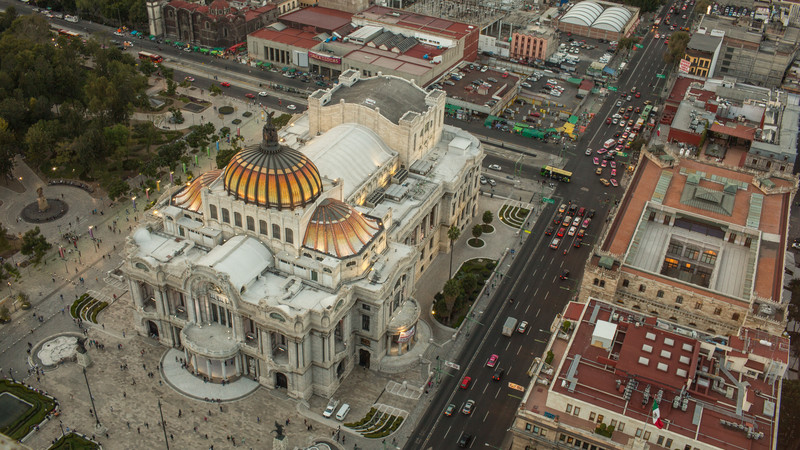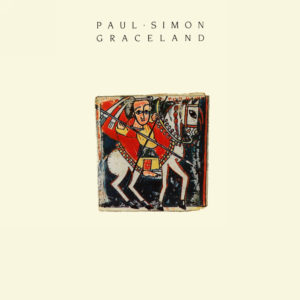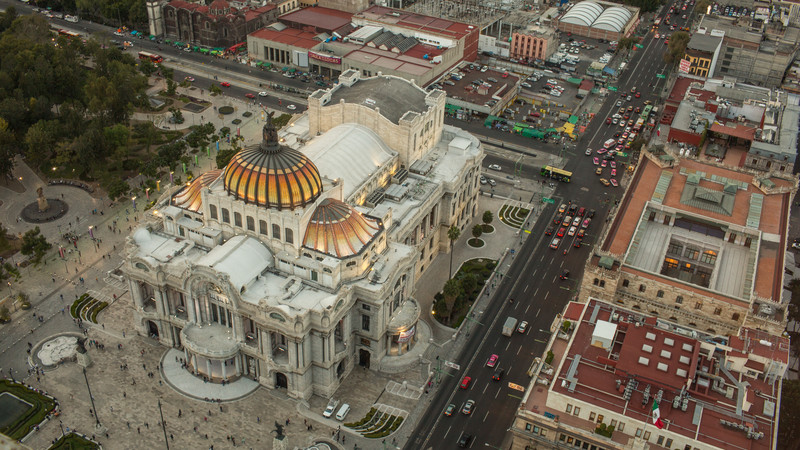My 9 year-old and I traveled in February to Mexico City for a brief visit. On our first day, during a two-hour walk touring our center-city neighborhood, I was pleased to hear her say “If my school was here, and my friends were here, I’d like to live here.”

Her comment followed directly after her inquiry into the price of things. Our 30-minute Uber ride from the Mexico City airport cost just $7. The plane ticket itself cost just $250 on a Mexican discount airline. She realized the food we were buying – in Mexico’s most expensive city – was about half the price of food in San Antonio – one of the United States’ least expensive cities. I enjoyed watching her wrap her math-brain around exchange rates between the US dollar and the Mexican peso. I’m pretty sure in part she liked Mexico because she likes a bargain. That’s my girl!
Throughout the rest of our brief trip I thought about other financial and economic comparisons with Mexico.
Mexico is the 15th largest economy in the world, and the 11th largest when measured by purchasing power parity. (This second measure takes into account the domestic cost of living, and is considered a better measurement of poverty in a country). Eleventh in purchasing power parity ranking puts Mexico, perhaps surprisingly, ahead of Italy, Spain, and Canada.
My purpose in going to Mexico gave me anecdotal insight into the system of healthcare in Mexico. Like the United States, Mexico has a somewhat chaotic mix of public and private health care. Unlike the United States, Mexico offers some form of basic universal coverage.
I came to Mexico to visit my “host mom” from 27 years ago, in the house where I first lived in Mexico City during college. I visited because her breast cancer – in remission from 7 years ago – returned in December 2019. She had an emergency procedure to drain her lungs in January. I learned from her son that she had the option of electing to pay at a private hospital – with what they perceived as top-notch surgeons – or going to a public hospital to undergo the procedure, for free. Her son had recently received a lump sum severance from Ford Motor company, where he had worked in marketing. He decided to use that money to pay for the lung drainage procedure for his mom at the private hospital.

She now gets her regular chemotherapy treatments, which would cost them around $1,000 each, for free at the public hospital. This is essential because she has no private insurance. She and her son admittedly don’t love the scene at the public hospital, which they describe as chaotic and an inconvenient hour’s drive away. On the other hand, free chemotherapy treatments.
Ever since I first met her 28 years ago, my host mom has walked on crutches from having survived polio as a child. She can’t work. She’s privately uninsurable due to the polio as well as due to her previous bout with breast cancer. But with free chemotherapy, she’s alive to fight the cancer some more, and her family is not bankrupted.
I know some form of basic universal health care coverage remains an extremely controversial subject in the United States. I did not visit the free public hospital in Mexico. I trust my host family’s report that the scene isn’t great. In the face of death and bankruptcy, however, I am grateful that Mexico offers free cancer care to all of its citizens. My host mom deserves a chance to fight cancer and live longer.

Like much of Latin America throughout history, Mexico’s income is unevenly distributed, with the top 10% of the population earning 33% of the nation’s total income. And yet, in the United States, the top 10% earns 39% of annual income. We’re more unequal in terms of income earned in this country than is Mexico these days.
Looking at wealth inequality puts us in the United States further to shame. The most common simple measurement of wealth inequality, the Gini coefficient, indicates the United States as a more unequal society than Mexico. While Mexico has wealth inequality typical of Latin American countries, the United States by contrast is a complete outlier on inequality measurements, when compared to its common peer group of wealthy countries such as Canada, Australia, and European countries.
While Mexico’s economy has grown at a slightly slower rate than the United States’ economy over the 25 years since I last lived there, the changes in wealth in Mexico are significant. This is probably most obvious in central Mexico City, where my daughter and I visited.
I remember as a college student fantasizing about retiring some day to Mexico and living simply, on a very modest amount of money. The cost of living can be very attractive in Mexico, especially in rural areas. I think my daughter began to appreciate that idea as well, even though we only visited the expensive parts of its biggest city.
I lived in Mexico long enough (back in the 1990s) to not be naive about its struggles. Struggles with poverty, violence, corruption, and the absence of the rule of law in so many areas.
Yes, in the United States we’re richer, outright and on average, than Mexico. But increasingly, we’re a harsher society.

I kept humming to myself during our trip my version of the lyrics from Paul Simon’s Graceland. “My traveling companion is nine years old. She is the child of my first marriage. I have reason to believe, we both will be received, in Me-xi-co.”
See related post:
Entrepreneurship lesson from the Let’s Go Mexico Book series
Post read (118) times.






One Reply to “We Will All Be Received In Mexico”
Maybe you’ll return for retirement. Or host a forum for us fans of your blog.
– Leslie Mazoch
Texas native living and loving Mexico City since 2007.